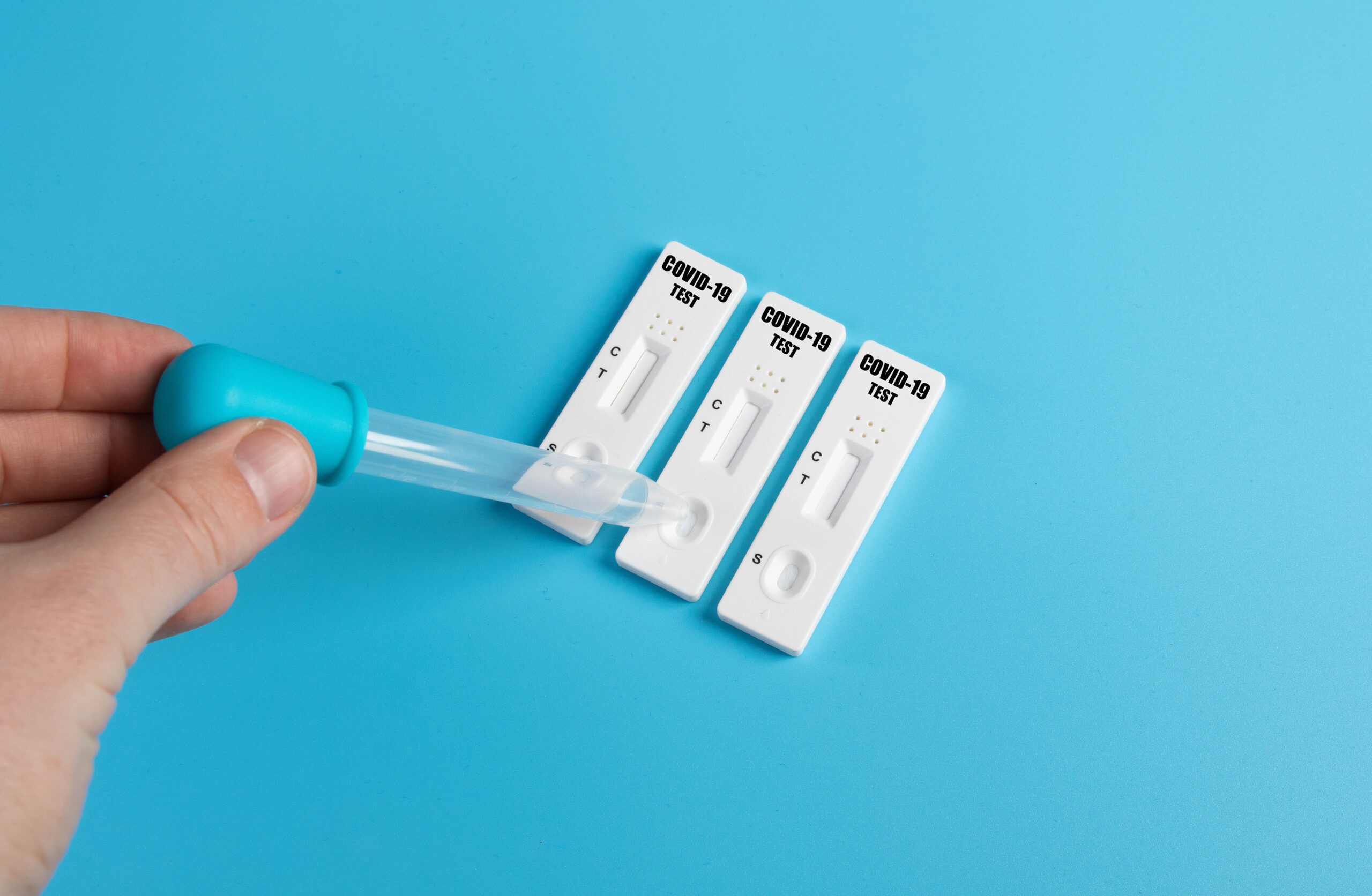
‘Equity matters’: health organisations call for expanded access to RATs as PM doubles down

Image: Health organisations state RATs are a health product, not a typical consumer good, and the overwhelming demand for them has inflated their price beyond what many people can afford. Photo: Creative Commons/ Marco Verch.









